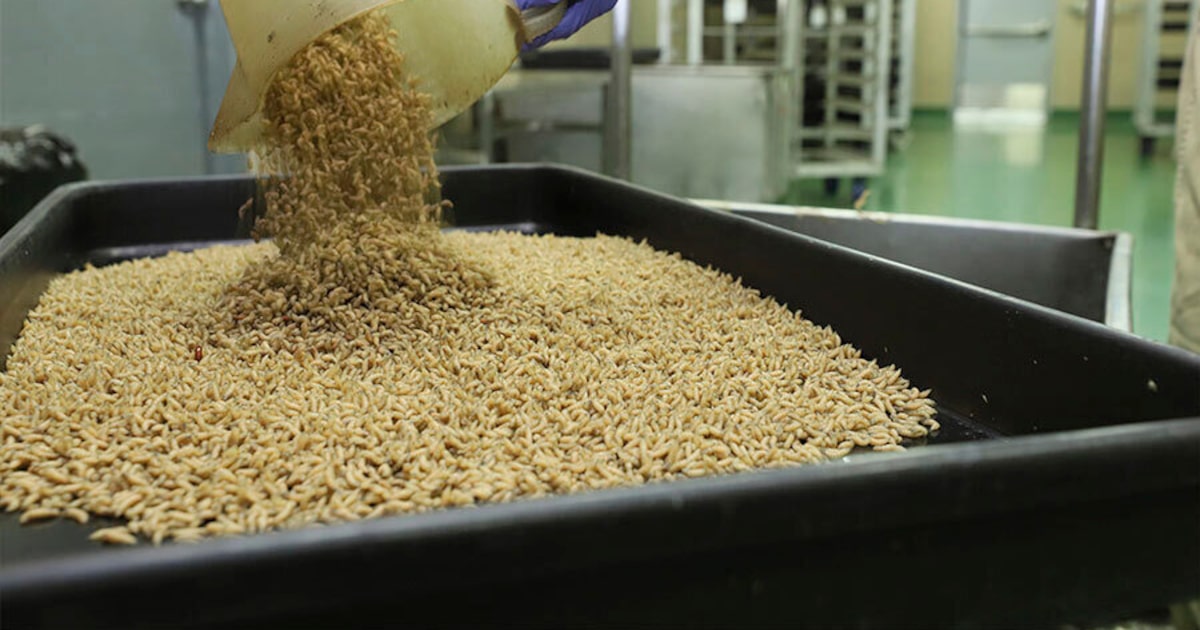A deadly maggot that was thought to have been eradicated is making a comeback, threatening Texas’ livestock. The New World screwworm, a nasty flesh-eating larva, is making its way north and is further straining our relationship with Mexico.
U.S. and Texas authorities are right to take this threat seriously, instead of downplaying it like our neighbor to the south.
Last November, the Texas and Southwestern Cattle Raisers Association warned that an outbreak would severely impact the beef industry, already facing droughts, higher costs and labor shortages. The threat is important enough that U.S. authorities have twice closed the southern border to livestock coming from Mexico.
Mexican President Claudia Sheinbaum sees it differently and, earlier this month, said the decision to close the border was “totally exaggerated,” and that local authorities are following scientific protocols, with about 400 infected animals reported in June and trending downward.
Opinion
That may be, but this is a potentially devastating problem to livestock and, in some cases, humans. While rare, the screwworm does infect humans, with 23 cases of myiasis reported in the southern Mexican state of Chiapas.
Veterinarians have effective treatments for flesh-eating larvae, but it can be crippling to animals. If unchecked, a thousand-pound bovine can be dead in a couple of weeks.
No wonder U.S. authorities are taking a different approach. The U.S. Department of Agriculture is spending $30 million to ramp up breeding and dispersing sterile male flies. There is already a breeding site in Panama and another one will be ready in southern Mexico for 2026. The plan is to dump billions of flies in Mexico and southern Texas.
This has been done before with much success. The U.S. and Mexico bred and released more than 94 billion sterile flies from 1962 through 1975 to eradicate the pest, according to the USDA. It works because females mate only once in their weekslong adult lives.
Beyond the politics of the moment, Mexico, the U.S. and other countries have shown that getting this parasite under control can be an example of international cooperation. That needs to continue.
Dispersing sterile flies is an environmentally friendly solution, but it also takes a long time. Texas Agriculture Commissioner Sid Miller wants faster alternatives. Working closely with the USDA, the Texas Department of Agriculture is spearheading efforts to reintroduce swormlure bait to attract flies and then kill them with pesticide that is not harmful to beneficial insects.
Even if Sheinbaum is right that closing the border to livestock was unnecessary, we believe this is the right approach. When there is a threat to our economy, it is better to err on the side of caution.
We welcome your thoughts in a letter to the editor. See the guidelines and submit your letter here.
If you have problems with the form, you can submit via email at letters@dallasnews.com

